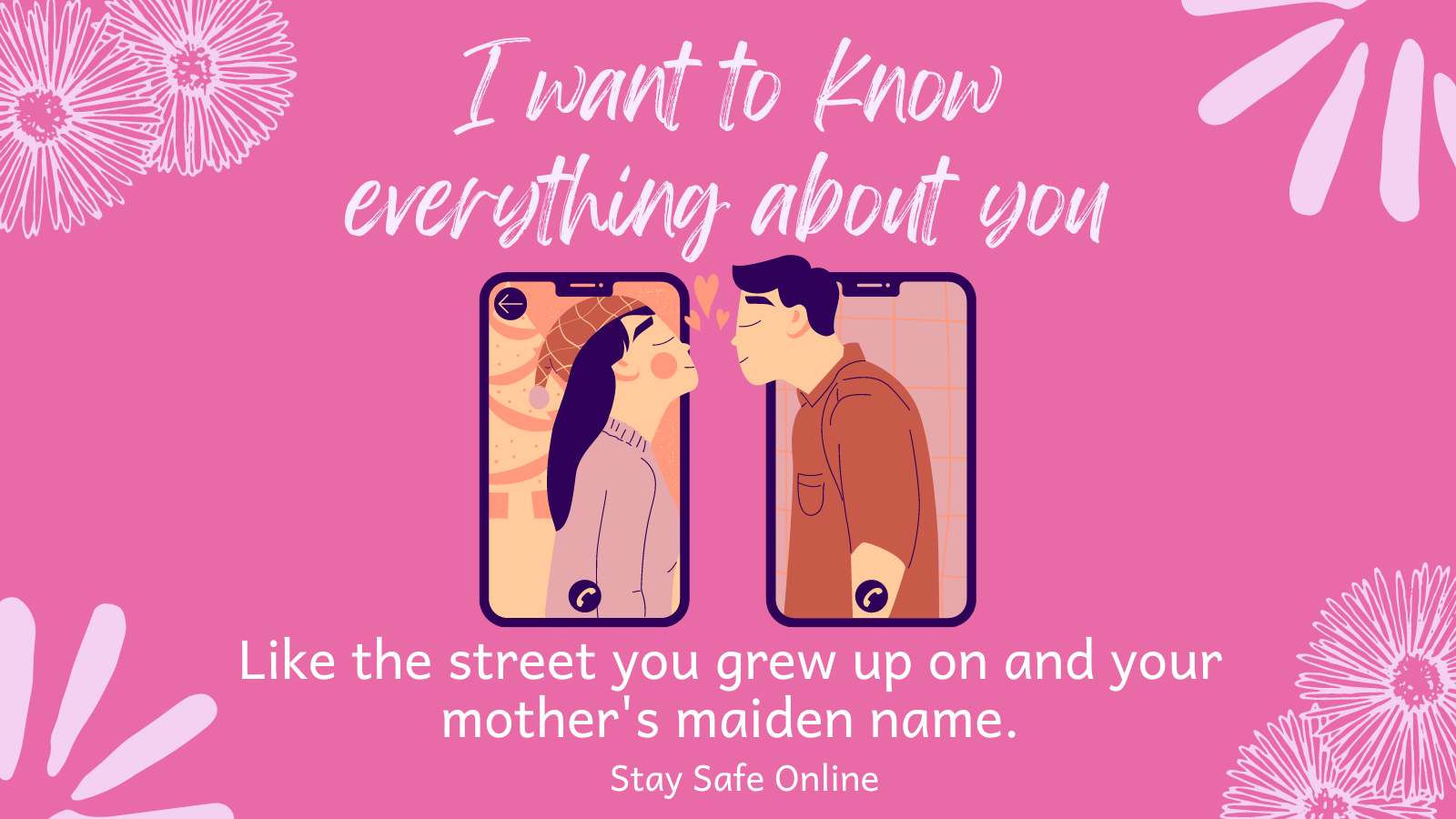Learn How to Spot Fake LinkedIn Sales Bots
LinkedIn has become an invaluable platform for professionals. People use it to connect, network, and explore business opportunities. But with its...
When you hear “romance scam” you may think of a little old lady falling for the classic “Nigerian Prince” scam.

But romance scams have become far more complex and difficult to recognize, adapting to today’s online dating landscape. With the popularity of platforms like Match.com, Tinder, and Bumble, scammers have set their sights on these popular apps and even social media. In fact, consumers have lost $770 million to fraud scams started on social media in 2021, according to the FTC. In the first half of 2021, the FBI Internet Crime Complaint Center (IC3) received over 1,800 complaints related to online romance scams, resulting in losses of approximately $133.4 million.
Romance scams can be part of a much larger cybercriminal ecosystem. International cyber gangs will even use dating sites to recruit victims as “money mules” and use them to unknowingly launder funds.
Often, scammers prey on victims experiencing loneliness, which has not been uncommon during COVID-19 pandemic lockdowns. If your friend or relative has started a new online relationship, or even if they’ve been in one for several months, it’s important to check in and look for any red flags.
Some red flags may include:

If you believe a loved one is the victim of a scam, it is important for them to take the following steps:
Let's protect our loved ones this Valentine's Day by sharing this information on personal cyber safety.

LinkedIn has become an invaluable platform for professionals. People use it to connect, network, and explore business opportunities. But with its...

QR codes are everywhere these days. You can find them on restaurant menus, flyers, and posters. They’re used both offline and online. QR codes are...

Malvertising, or malicious advertising, is one of the most common forms of cyberattack today. It is pervasive, showing up across social media...